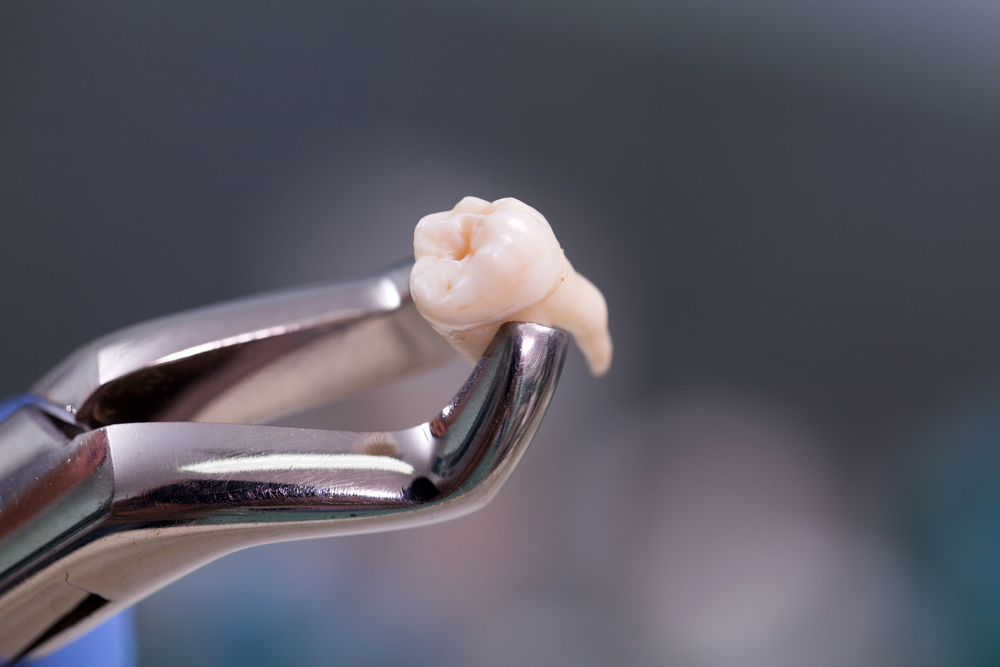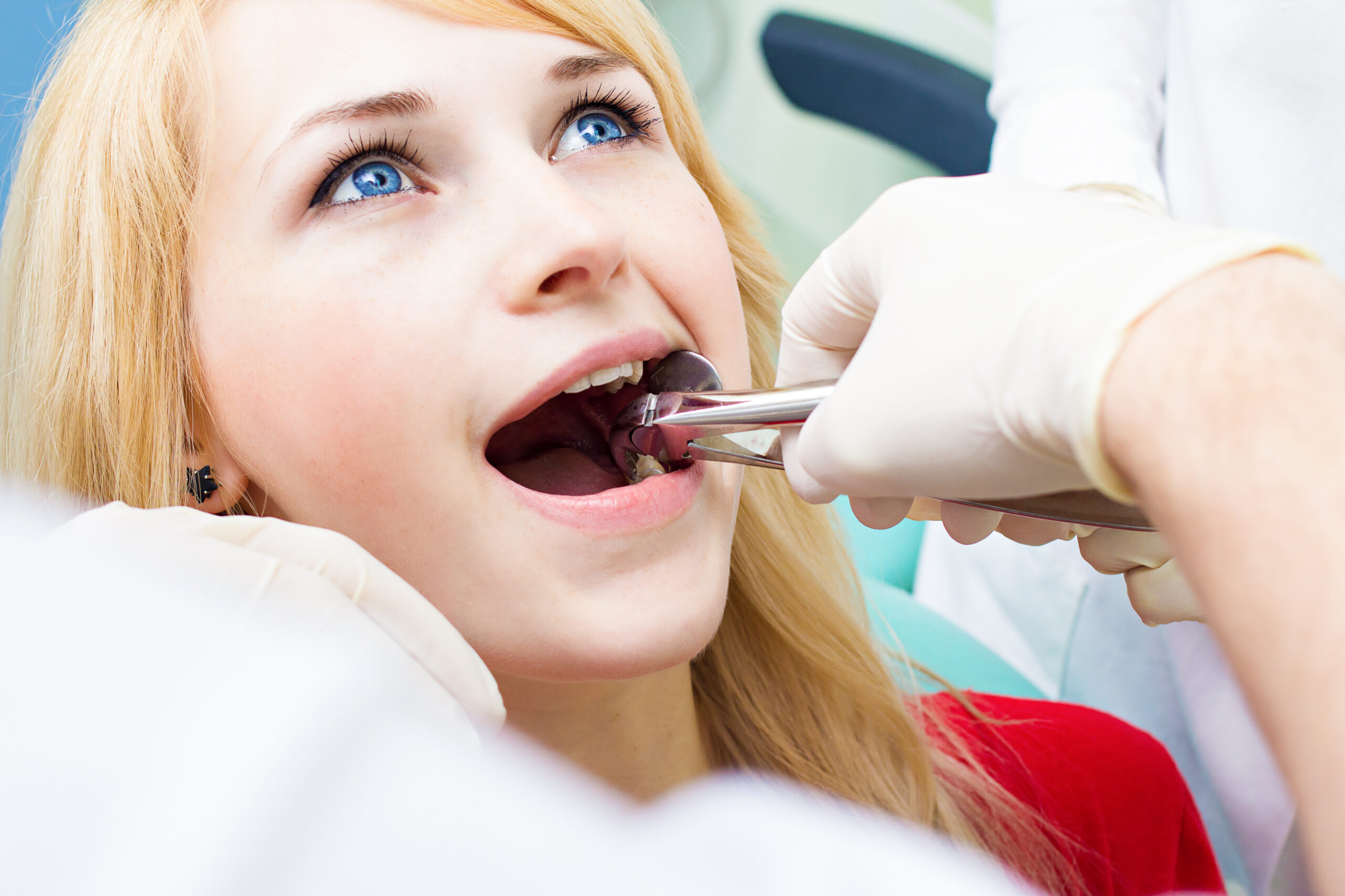
Pain following an extraction is typical – a tooth was just pulled out of your jawbone. Pain following wisdom teeth extraction is extremely common, as wisdom teeth extractions are a surgery. One pain that may exist after wisdom teeth surgery is a dry socket. Dry sockets are extremely common following any extraction, and are extremely painful. No matter what type of extraction you have performed, a dry socket can occur, but are more typical with removal of the lower teeth than they are with removal of upper teeth.
When having a tooth extracted, a hole where the tooth once existed is now open to oral elements. In this hole, a blood clot typically forms, to provide relief and protection to the site. When a dry socket forms is when the blood clot detaches from the hole of the extraction, creating the hole once again. This causes extreme pain because sometimes bone is exposed, and open to food, drink, and saliva.
Although there is no real way of preventing a dry socket, there are ways of reducing your risk of obtaining one. The best way to limit your risk is following your periodontist’s post-surgery instructions. Of course, there are instances that even when following post-surgery instructions, dry sockets still have the opportunity to form. Those who are more at risk to dry sockets include those who smoke following extractions, and those who like to grind their teeth frequently.
If you are unfortunate enough to experience a dry socket, if you leave it alone and bare the pain, it will eventually heal. If waiting for it is not the best option for you, going to the periodontist and having them pack the site will alleviate some pain. When your dentist packs the site, the nerves are no longer exposed to the oral elements. This allows some relief from the pain and will help the socket heal.
If you have an extraction done, the best thing to do is follow your dentist’s instructions. If a dry socket ends up forming, regardless, see your dental professional for help. Periodontists are used to dealing with extractions and post-surgery items, so consulting a professional is the best option.

